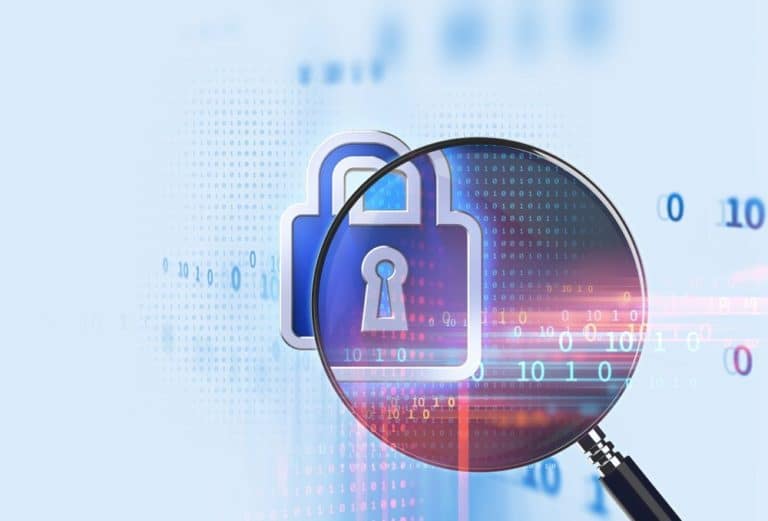European privacy rules may have to change for the EU’s institutions to control their data. However, the senior commission official warned today that this could be problematic, as many people are not happy with how big tech companies use personal information without keeping customers in the loop.
The General Data Protection Regulation, or “GDPR,” has been criticized by many European Union Districts as an infringement on privacy rights. It limits what companies can do with users’ personal information even if those individuals provided consent for their data to be collected in the first place. It is time to take a stand!
These corporations are not safe at this point. Věra Jourová, Commissioner of Justice and Consumer Affairs from 2016 until 2017, warns that if GDPR enforcement is effective, things may change again behind closed doors.
A centralized enforcement model
Considering varied aspects, the EU is looking to create more sweeping legislation to back its online content moderation law. Currently, there are many General Data Protection Regulation compliance issues. The said changes are likely to empower EU executives or Europe’s Network Of Privacy Regulators with more power to evaluate and enforce compliance.
It is unlikely that any changes to the private enforcement mechanism of Europe’s flagship law will come about for now, with members holding back to avoid intense lobbying.
Issue at hand
EU officials publically admit this may not be out of the question in some time, though if things continue as planned, issues may come forth, and corrective actions would have to be taken.
Andrea Jelinek, chairwoman of Network Of European Privacy Regulators, says she wants further study before changes can be made.
Andrea’s perspective isn’t alone; a representative from Facebook also indicated his support throughout two separate interviews earlier this week
The Proposal
The establishment of a pan-European authority has been floated to strengthen the enforcement capabilities and justice system within the European Union.
The proposal would give citizens across 27 member states more protection against tech companies that have evaded rules by operating in multiple countries without playing fair.
Next year, in a conference, Wiewiórowski will explore the idea of a system that gives employees more control.
A new system could put Wiewiórowski’s EDPS at its core. Even Helen Dixon, Ireland’s Data Protection Commissioner, has not ruled out the possibility of
